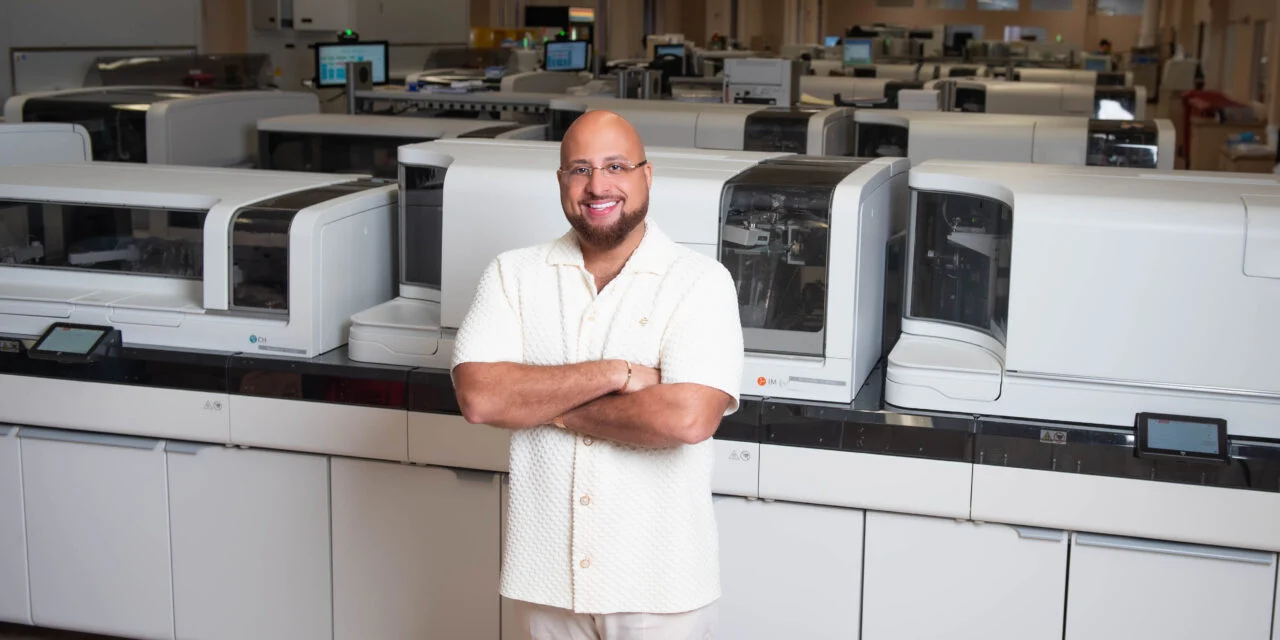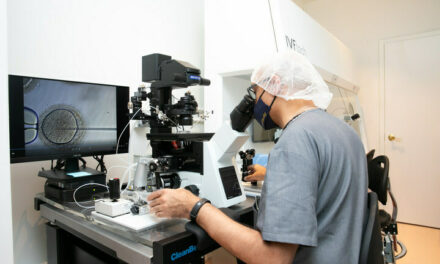As more patients seek answers beyond symptom management, functional medicine testing is emerging as a tool for identifying underlying health issues.
Functional medicine—a patient-centered approach that aims to identify and address the root causes of health issues rather than just treating symptoms—is gaining traction among both practitioners and patients. And diagnostics are a critical part of that movement.
Access Medical Labs, headquartered in Palm Beach County, Fla, is a provider of functional medicine testing in its 22nd year of business. The lab processes over 100 million tests annually and offers over 1,000 tests, over 50 pre-built panels, and unlimited custom panels that examine hormone levels, adrenal function, inflammation, food sensitivities, and other biomarkers often overlooked in traditional workups.
While functional medicine has long existed on the fringes of healthcare, Adam El-Hosseiny, COO of Access Medical Labs, believes it’s now moving into the mainstream. “Post-COVID, more than 80% of people who tested positive explored some form of holistic medicine,” he says, citing 2023 as the year holistic health officially became mainstream.
A Patient-Focused Testing Model
Access Medical positions itself as a high-throughput, patient-centric lab tailored to functional healthcare. “Our speed, our solutions, our broad test menu, and our 5-star service were all designed for personalized, functional health care,” El-Hosseiny says.
One of the lab’s defining features is its turnaround time: Access promises next-day results in all US states except New York. The speed is made possible by an automated workflow that begins the moment blood samples arrive at the Florida facility each morning. From there, a streamlined process registers the samples, performs quality checks, and sends them through automated testing tracks.
The lab uses the same Roche analyzers as some of the largest commercial labs but integrates them into a custom setup that, according to El-Hosseiny, enables processing five times more tests without sacrificing speed.
Another notable feature: The lab’s internal processes allow up to 50% less blood to be used per test compared to conventional labs, according to the company, which also reduces waste by saving vials.
Despite the automation, Access’ El-Hosseiny emphasizes that people are still central to the process. “The human element will always be a key pillar in what we do at Access,” El-Hosseiny says, “from operational oversight, quality assurance, verifying patient results, team building, and client support.”
Cost, Coverage, and Access
Unlike most traditional labs, Access operates on a cash-pay model and does not bill insurance. While this may limit affordability for some patients, the lab’s leadership says many individuals are willing to pay out of pocket for quick, actionable insights into their health.
The service is currently available in 49 states, with New York as the only exception. Looking ahead, the company plans to expand its test offerings based on customer feedback, with interest growing in areas such as genetic and gut health testing.
Photo caption: Adam El-Hosseiny, COO of Access Medical Labs in Jupiter, Fla, stands among the lab’s many diagnostic testing machines.
Photo credit: Access Medical Labs





